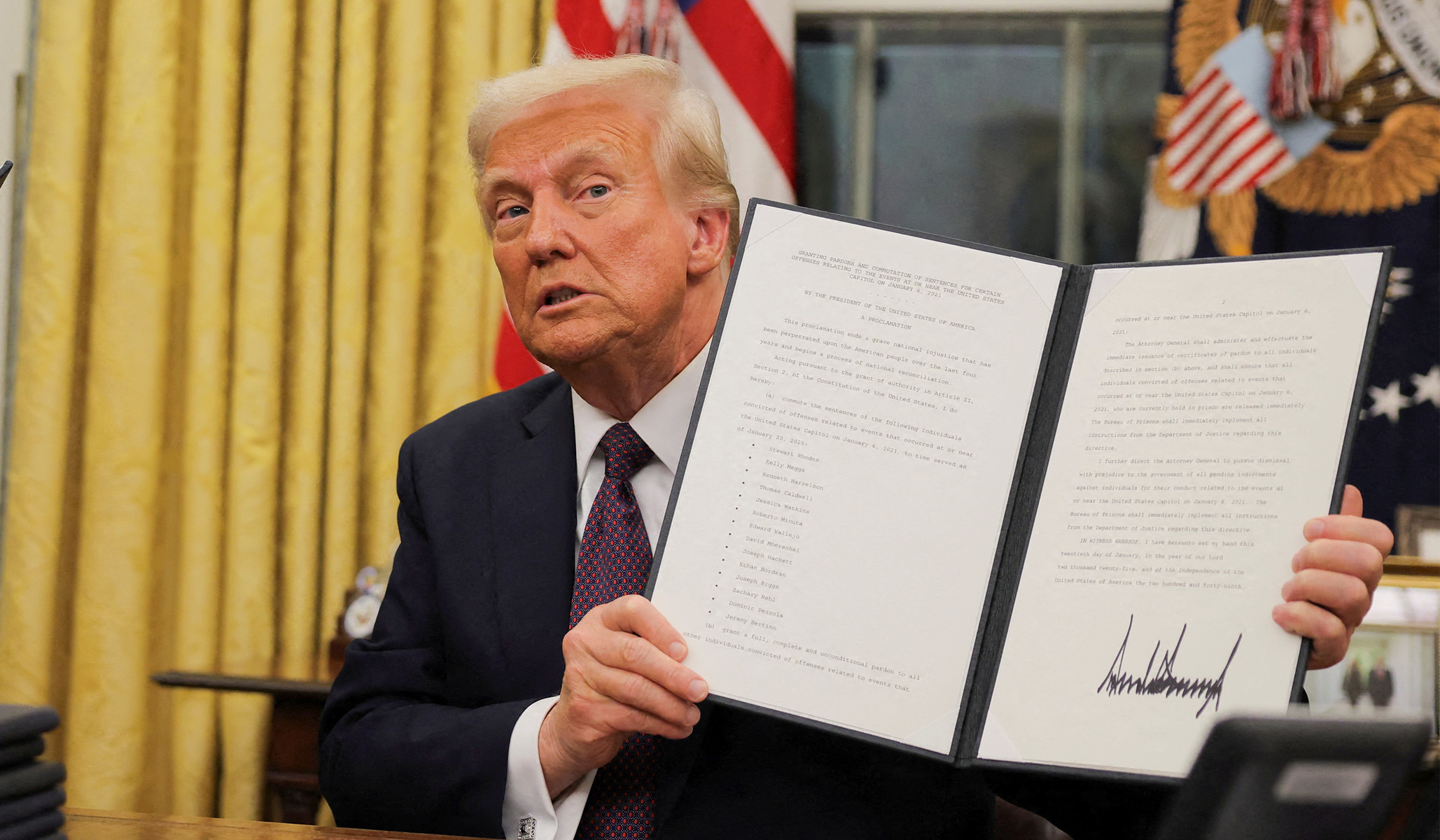Pardons and Powder Kegs: Trump's January 6 Clemency Sparks Fears of Escalating Political Unrest

In today's polarized political landscape, a troubling pattern has emerged: both the left and right wings of the political spectrum seem to be trapped in a dangerous cycle of retributive justice. Instead of condemning political violence unequivocally, each side appears more focused on evening the score, arguing that if their opponents' rioters escape serious consequences, their own should receive similar lenient treatment.
This tit-for-tat approach undermines the fundamental principles of law and order, transforming legitimate political discourse into a volatile game of moral equivalence. Rather than upholding universal standards of accountability, partisan tribalism is driving a race to the bottom, where the severity of civil unrest is measured not by its inherent wrongness, but by which side can claim the most sympathetic treatment.
The result is a corrosive erosion of shared democratic values, where political violence is increasingly seen as a acceptable strategy rather than a fundamental threat to civil society. By normalizing such behavior, both sides risk undermining the very democratic principles they claim to defend.

